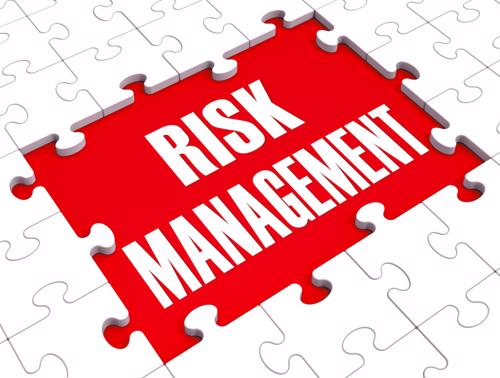This blog was last updated on June 27, 2021
Evidenced by its growing population and hosting of the World Cup, Brazil is fast becoming a major hub for economic activity. Mexico is receiving investment to further manufacturing, and Chile and Colombia continue to outperform their growth objectives. As a result, more companies that conduct international business transactions are considering this marketplace to either set up shop or simply offer products and services.
But before enterprises tap into Latin America’s burgeoning economy, entrepreneurs would be wise to conduct a risk assessment, mainly because of the Foreign Corrupt Practice Act, the Miami Herald reported.
In an opinion piece for South Florida’s most widely circulated newspaper, Matthew Feeley, a business expert and Miami Herald contributor, indicated that doing a risk assessment is one of the most important aspects to stay out of trouble with the FCPA, a law that was enacted in 1977, requiring companies to refrain from engaging in corrupt business practices with foreign officials. Though this may seem like something lesser-known companies might do, household names like Hewlett-Packard have been impacted. Earlier this year, the IT company was accused of being in violation of the FCPA, ultimately agreeing to pay $108 million in penalties to avoid a financial punishment that could have been more severe if it were found guilty.
Determine what contact mechanisms are in place
An important aspect of an effective risk assessment is to establish when outside employees and third parties are hired. For example, even though consultants and agents may not be the textbook definition of an employee, because they’re working on a company’s behalf, they’re considered as such in the eyes of the law. This means that they’re subject to the FCPA just as much as a full-time worker is. Therefore, it’s critical to know how and when this form of help is hired and what they are expected to accomplish. When you consider that every major multinational is providing digitally signed invoices to the government for authentication via a third party, it is important for the corporate team to understand who has been contracted locally. Did these providers pass a full compliance audit and securiy review? Who owns the contract and Master Servcies Agreement if any issue could be included as an FCPA risk?
FCPA issues more common in certain industries
Something else to be mindful of are high-risk industries, Matthew noted. In other words, there are some sectors in which problematic transactions are more commonplace, particularly energy and construction. American companies who work in these industries should be extra vigilant, making sure that all their i’s are dotted and t’s are crossed to avoid improprieties that may occur. This can be done by writing out in plain language what the company’s rules are regarding how relationships with third parties are to be handled, including what strategies are over the line.
Running a successful compliance program requires a lot of hard work and awareness of what laws are in place with regards to business transactions. And remember, Big Brother has visiblity into virtually 100% of your invoices in countries including Mexico, Brazil, Argentina, and Chile — do you? With new reporting mandates upcoming in these countries for 2015- now is the time for multinationals to do a risk assessment on their Latin America invoicing and fiscal reporting solutions.
